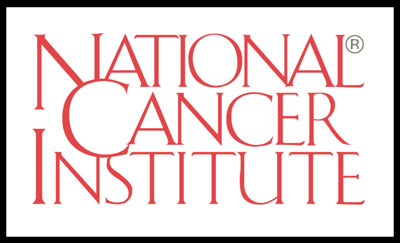Dr. David Barlow’s labratory at Boston University has been performing extensive work around disseminating and implementing evidence-based psychological interventions for adults and children. Below, the Barlow lab has listed their most recent D&I publications and some helpful resources.
Selected D&I Readings from Dr. David Barlow’s Lab:
Barlow, D. H., Bullis, J. R., Comer, J. S., & Ametaj, A. A. (2013). Evidence-based psychological treatments: an update and a way forward. Annual review of clinical psychology, 9, 1-27.
Carper, M. M., McHugh, R. K., & Barlow, D. H. (2013). The dissemination of computer-based psychological treatment: A preliminary analysis of patient and clinician perceptions. Administration and Policy in Mental Health and Mental Health Services Research, 40(2), 87-95.
Elkins, R. M., McHugh, R. K., Santucci, L. C., & Barlow, D. H. (2011). Improving the transportability of CBT for internalizing disorders in children. Clinical child and family psychology review, 14(2), 161-173.
Gallo, K. P., & Barlow, D. H. (2012). Factors Involved in Clinician Adoption and Nonadoption of Evidence‐Based Interventions in Mental Health. Clinical Psychology: Science and Practice, 19(1), 93-106.
Gallo, K. P., Comer, J. S., & Barlow, D. H. (2013). Direct-to-consumer marketing of psychological treatments for anxiety disorders. Journal of anxiety disorders, 27(8), 793-801.
McHugh, R. K., & Barlow, D. H. (2010). The dissemination and implementation of evidence-based psychological treatments: a review of current efforts. American Psychologist, 65(2), 73.
McHugh, R. K., Murray, H. W., & Barlow, D. H. (2009). Balancing fidelity and adaptation in the dissemination of empirically-supported treatments: The promise of transdiagnostic interventions. Behaviour Research and Therapy, 47(11), 946-953.
Santucci, L. C., McHugh, R. K., & Barlow, D. H. (2012). Direct-to-consumer marketing of evidence-based psychological interventions: Introduction. Behavior therapy, 43(2), 231-235.
Santucci, L. C., McHugh, R. K., Elkins, R. M., Schechter, B., Ross, M. S., Landa, C. E., … & Barlow, D. H. (2013). Pilot Implementation of Computerized Cognitive Behavioral Therapy in a University Health Setting. Administration and Policy in Mental Health and Mental Health Services Research, 1-8.
The following book has recently been published by Kate McHugh and David Barlow entitled: Dissemination and Implementation of Evidence-Based Psychological Interventions:
http://global.oup.com/academic/product/dissemination-and-implementation-of-evidence-based-psychological-interventions-9780195389050;jsessionid=C4F0FB800C99C0708ECD5B555FB794A2?cc=us&lang=en&
D&I Resources Suggested by Dr. David Barlow’s Lab:
The following website has information on D&I conferences, trainings, and webinars outside of psychology:

http://cancercontrol.cancer.gov/is/
The University of North Carolina- UNC portal has information including D&I grant examples, journals in which to publish, methodology information, etc.
https://impsci.tracs.unc.edu/
SIRC is a research collaborative in D&I Research. If you become a member they have a lot of information related to measurement:
https://societyforimplementationresearchcollaboration.org/
The following website is an online tool for selecting D&I models for research:
http://dissemination-implementation.org



